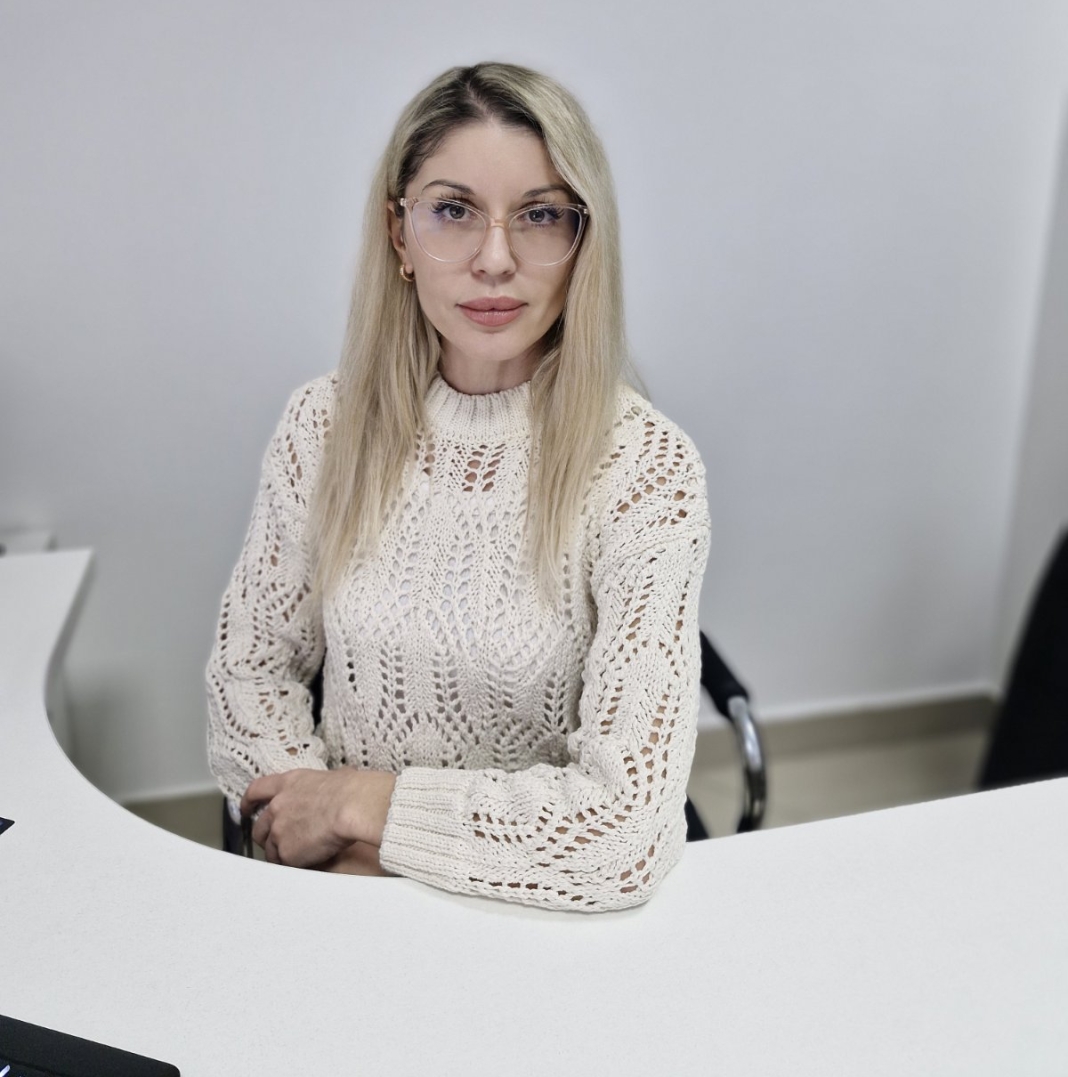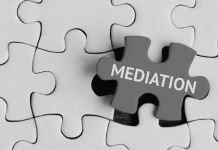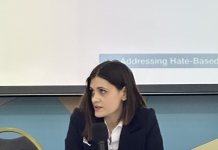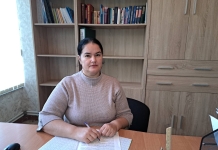The Bălți Legal Clinic is a non-governmental organization that has been active in northern Moldova for over 22 years. Its mission is to facilitate access to justice for vulnerable individuals in the region by providing free legal assistance and promoting modern methods of university legal education.
As part of the Addressing Hate-Based Crimes in Moldova project (AHC), implemented by Millennium Partners, the Bălți Legal Clinic contributes to raising legal awareness about discrimination and hate crimes, improving the protection of vulnerable groups’ rights by strengthening partnerships between organizations, community leaders, and professionals, as well as providing holistic support to victims, including legal assistance, psychological support, and defending their rights in court.
What are the main human rights challenges in northern Moldova?
The main human rights challenges in the region stem from a series of systemic and social issues, such as corruption, poverty, inadequate education, and persistent stereotypes about certain vulnerable groups. Corruption, particularly within local administration, judicial institutions, and other public structures, discourages citizens from claiming their rights. Domestic violence remains a major societal issue. Although the state implements various protective measures, many victims—especially women—do not report abuses due to social stigma and economic dependence.
Ethnic minorities and the LGBTQI+ community are among the most vulnerable groups, facing multi-level discrimination in education, healthcare, and employment.
Many individuals in these communities suffer injustices and abuse, but such cases often go unreported due to a lack of awareness about their rights.
What are the most pressing issues that beneficiaries bring to the Bălți Legal Clinic?
The most common issues raised by people seeking help at the Bălți Legal Clinic are statistically representative of broader societal challenges. These include property disputes, assistance with obtaining documents, protection of domestic violence victims, and family matters such as divorce, child custody, and maintenance obligations. In rural areas, land ownership conflicts are prevalent, and beneficiaries frequently seek assistance with clarifying documentation.
Legal clinics often serve as the only support point for domestic violence victims, and the Bălți Legal Clinic is no exception. Beyond these frequently encountered problems, individuals come with a wide range of issues, including abuse and discriminatory actions.
How are hate crimes manifested in the region or among your beneficiaries?
Hate crimes deeply affect several vulnerable groups. The Roma community faces entrenched prejudices and limited access to public services. The LGBTQI+ community remains one of the most marginalized, often subjected to hate speech, physical aggression, and social isolation. Refugees and individuals from other regions or countries working in the area experience xenophobia, while women from vulnerable groups are impacted by both domestic violence and economic discrimination.
Limited education exacerbates the issue. A lack of knowledge about diversity and human rights fuels discrimination.
The absence of law enforcement and accountability sends a message that such acts are tolerated. Local media and leaders sometimes promote hate speech, amplifying stereotypes.
Underreporting of hate crimes is evident in the region.
Victims avoid filing complaints out of fear of retaliation or a lack of tangible outcomes. Our organization emphasizes the need for civic education and public awareness as priorities for combating this phenomenon.
What challenges do professionals working with hate crimes and their victims face, and why is proper training important?
Professionals working with hate crime victims encounter multiple challenges, including a lack of specialized training, limited capacity of authorities to investigate such crimes effectively, and personal biases. Police officers and lawyers often lack a thorough understanding of hate crimes, leading to superficial case resolutions.
Institutions also face resource shortages, especially for documenting and investigating crimes committed online or with the use of information technologies. Personal biases may further influence decisions, particularly if professionals hold stereotypes about affected groups.
Proper training is essential for identifying and investigating hate crimes, contributing to a fairer system that reduces the risk of victims being ignored and fosters a safer environment that encourages reporting.
What has the organization achieved within the Millennium Partners project, and how has it helped your organization and beneficiaries?
As part of the project in partnership with Millennium Partners, the Bălți Legal Clinic assumed the role of a Cluster, aiming to create a regional network of civil society organizations, public authorities, community leaders, and activists in northern Moldova. This network was designed to unite efforts and share resources for more effectively combating discrimination and hate crimes.
Over 12 months, the clinic implemented various activities addressing discrimination and hate crimes holistically, including awareness-raising, capacity-building, community engagement, and providing legal and psychological support to victims.
Advocacy efforts focused on systemic issues related to discrimination and hate crimes in Moldova, particularly in the northern region.
To fulfill its mission, Bălți Legal Clinic built strategic partnerships with 25 civil society organizations (CSOs) and 34 local public authorities, and implemented 18 joint activities involving stakeholders from 47 localities in northern Moldova. During this period, the Clinic organized 12 training sessions and informational events, training approximately 190 community leaders and civic activists, as well as over 50 legal professionals. Moreover, Bălți Legal Clinic conducted 4 multidisciplinary meetings and 2 regional dialogue platforms, addressing the most pressing systemic issues related to discrimination and hate crimes. During these community engagement events, stakeholders discussed solutions for preventing discrimination and hate crimes and made concrete commitments to managing such cases. The discussions held during these events enabled the Clinic to identify systemic issues related to discrimination in the region, and the insights gained allowed us to initiate advocacy activities aimed at promoting legislative changes and raising authorities’ awareness of these matters.
Additionally, through this project, we aimed to raise community awareness through campaigns promoting tolerance and mutual respect.
As part of the awareness campaign, the Clinic developed and distributed some 50 informational materials addressing various aspects of discrimination and hate crimes, which garnered a total of 125,000 views.
Thanks to the extensive information campaign and the strategic partnerships established with local civil society organizations in the region, a significant number of victims became aware of the free legal and psychological assistance services provided by the Clinic and sought to benefit from them. Approximately 70 beneficiaries received free legal assistance in discrimination cases, of whom 2 also received psychological support, while 6 incidents were reported to the competent authorities.
This project has benefited both the organization, by enhancing its expertise and credibility in the field of human rights, and the beneficiaries, by offering them improved access to justice, personalized support, and more solutions for cases of hate or discrimination.
What are the organization’s priorities for the near future, and where is partner support most needed?
The Bălți Legal Clinic’s priorities include expanding access to legal services, especially in rural areas; raising community awareness through educational programs for youth, community leaders, and public institutions; and strengthening partnerships with local authorities and other NGOs to combat discrimination.
To achieve these objectives, the organization requires partner support. Financial resources are needed for events, training, and legal assistance for beneficiaries. Technical support, such as guides, innovative methods, and continuous professional training, as well as knowledge exchange with similar organizations, are equally important. This approach would enable the clinic to play an even more significant role in protecting human rights and combating hate.






